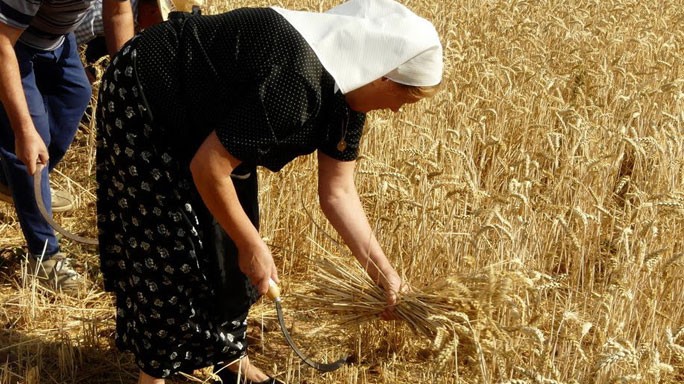Work is the basis of social progress, particularly to eradicate poverty. In that sense, the labor participation of women can generate more revenue within the home. According to the Institute for Argentine Social Development (Idesa, for its acronym in Spanish), neighboring countries took advantage of the economic boom to improve this aspect of the labor market. "In Argentina, by contrast, the labor force participation of the poorest families women fell abruptly. The reversal of this process will require professionalism to improve education, labor and welfare institutions "suggests in its latest report.
During the fourth quarter of 2014, the report of the National Institute of Statistics and Censuses (INDEC, for its acronym in Spanish), said that the unemployment rate increased from 6.4% to 6.9% of the working population and the labor force participation rate dropped from 45.6% to 45.2% of the total population. Recently published by Economic Commission for Latin America and the Caribbean (ECLAC) data indicate that between 2004 and 2012/2013, the period of great prosperity in the region, the female participation rate rose in Chile and Uruguay at 3.4 points and 6.4 percentage points respectively, whereas the Argentina fell -1.9%.
See more at:
http://www.lagaceta.com.ar/nota/627750/economia/se-reduce-participacion-laboral-femenina-hogares-pobres.html





